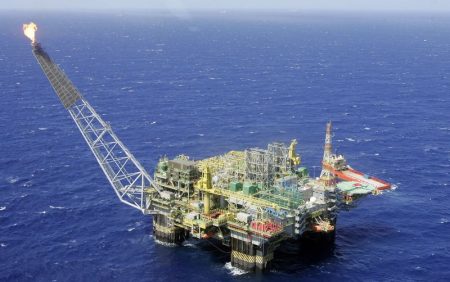By Kate Abnett
BRUSSELS (Reuters) – The European Union will need 1.5 trillion euros ($1.6 trillion)per year of investments to meet its 2050 net zero emissions target, research backed by Green EU lawmakers said on Monday.
The European Commission is set to recommend next week that the EU cuts net emissions 90% by 2040, from 1990 levels, and outline the huge upfront increase in investments needed to get Europe on track to have zero net emissions by 2050.
Most of the funding needed for net zero – 1.16 trillion euros per year – could be secured by redirecting existing spending, much of it on polluting activities, according to the research by the Institut Rousseau think-tank, which was commissioned by Green EU lawmakers.
That would imply a huge divestment from areas like combustion engine cars, fossil fuel production and new airports, and a jump in investments into public transport, renovating buildings and expanding renewable energy, the researchers said.
“Much of the money needed is out there, but we need massive divestment from climate killing projects,” said Philippe Lamberts, Co-President of the Green lawmakers group in the European Parliament.
As climate change unleashes increasingly costly extreme weather, EU policymakers are gearing up for EU elections in which climate policy is set to be a key issue.
Some governments are pushing back on the EU’s green agenda, citing its costs, while farmers protesting in France have called for the rolling back of some EU environmental rules. Opinion polls suggest the EU election could make passing ambitious climate policies harder, if it results in more lawmakers from populist and right-wing parties.
A draft of the Commission’s internal modelling for the 2040 climate target, seen by Reuters, suggested a similar scale of investment would be needed, of roughly 1.5 trillion euros per year in less polluting energy systems.
The researchers said the investments needed to reach net zero emissions would mostly come from the private sector, but public spending on the green transition would also need to double, to 490 billion euros per year.
For comparison, the EU currently spends 359 billion euros per year on fossil fuel subsidies, they said.
($1 = 0.9256 euros)
Read the full article here
















